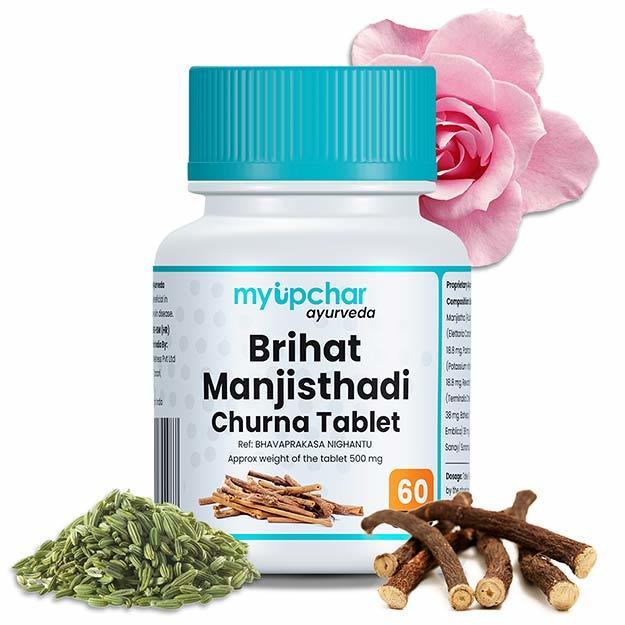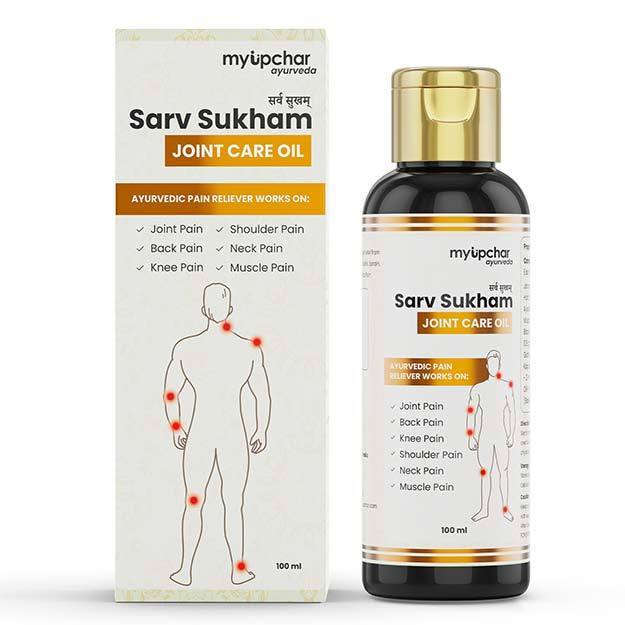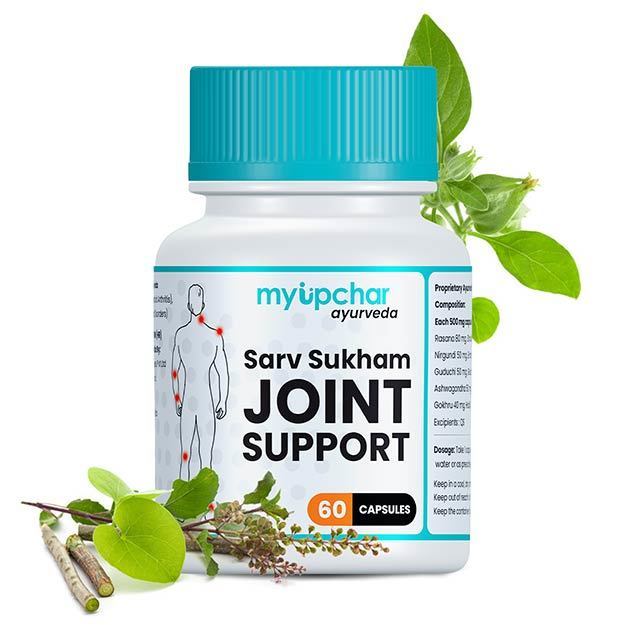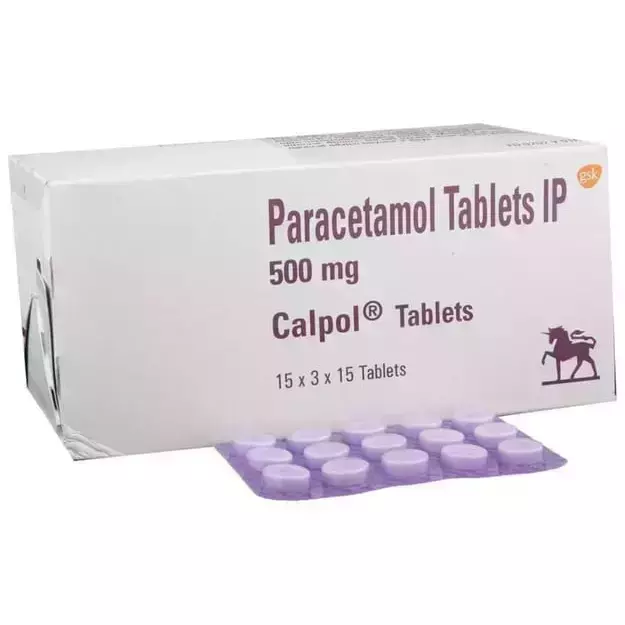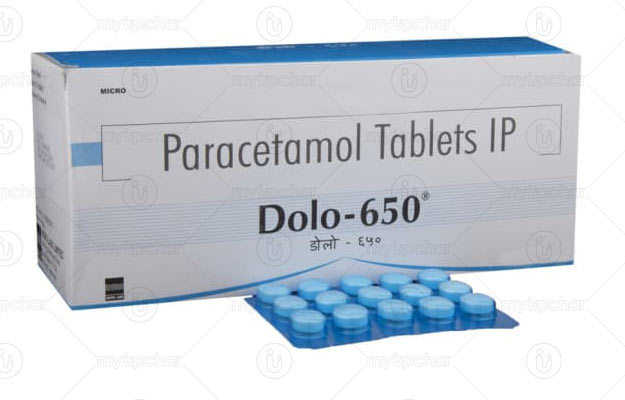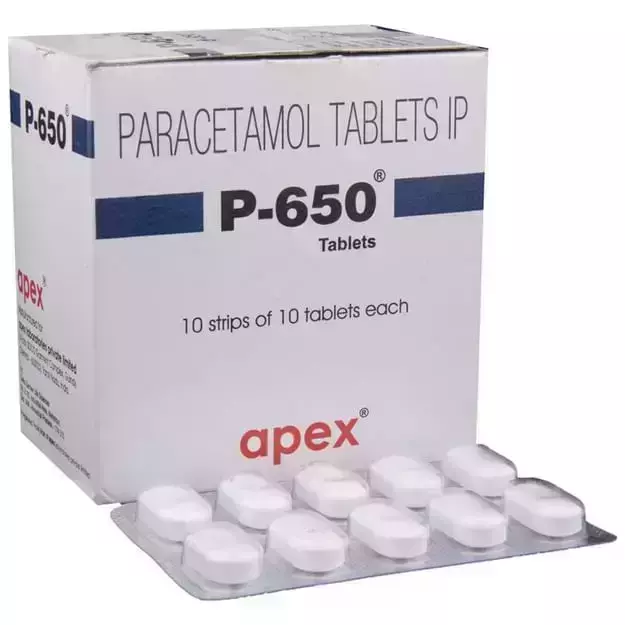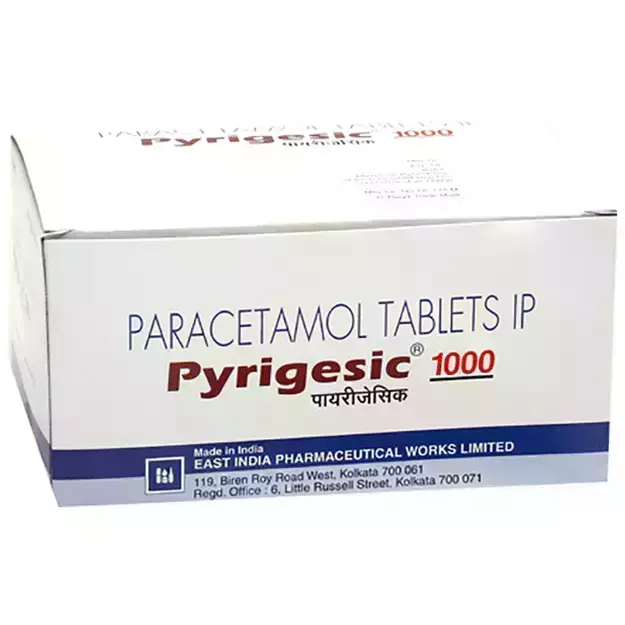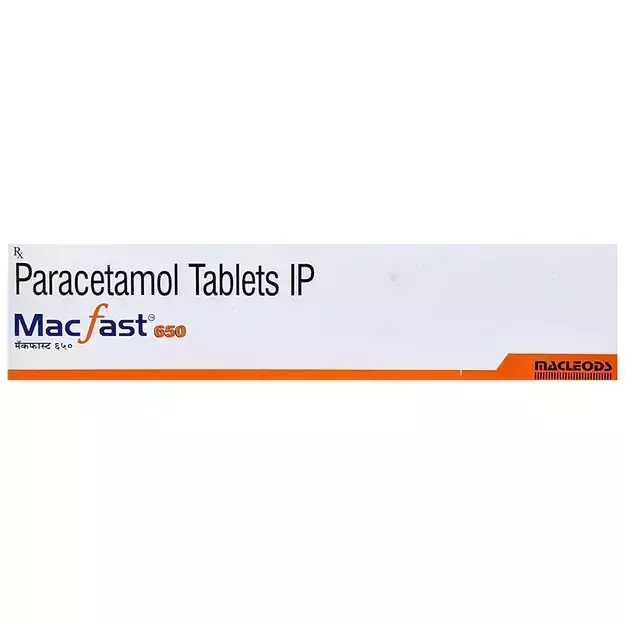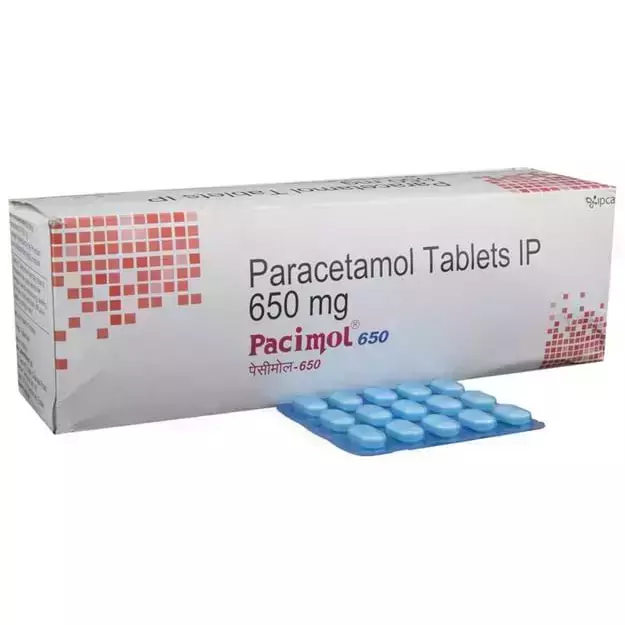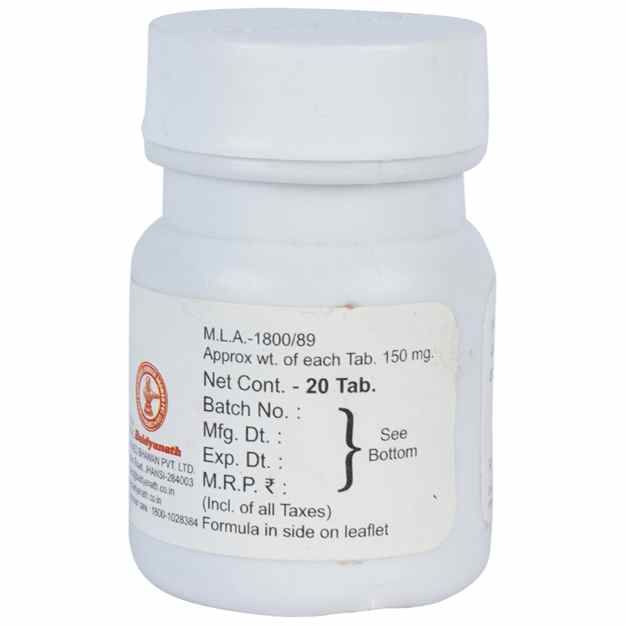Nimdus 100 Tablet is a commercial drug that is prescribed in the form of Tablet. It is primarily used for the treatment of Fever, Pain. Secondary and off-label uses of Nimdus 100 Tablet have also been mentioned below.
The correct dosage of Nimdus 100 Tablet depends on the patient's age, gender, and medical history. Besides the medical condition it is advised for, the route of administration also plays an important role in determining the correct drug dosage. This information has been provided in detail in the dosage section.
While these are the most often observed Nimdus 100 Tablet side effects, there are can be others also. These have been listed below. Usually, these side effects of Nimdus 100 Tablet go away soon, and do not persist beyond the duration of the treatment. Please speak with your doctor if these side effects worsen or persist for a longer duration.
In addition, Nimdus 100 Tablet's effect is Unknown during pregnancy and Unknown for lactating mothers. Further, the section on Nimdus 100 Tablet related warnings talks about Nimdus 100 Tablet's effects on the liver, heart and kidney.
Nimdus 100 Tablet can cause adverse effects in certain medical conditions. It is strongly recommended to avoid Nimdus 100 Tablet in conditions like Liver Disease. Some other conditions that can be affected by Nimdus 100 Tablet are listed in the contraindications section below.
Besides this, Nimdus 100 Tablet may also have severe interaction with some medicines. A complete list of these interactions is given below.
In addition to the above precautions for Nimdus 100 Tablet, it is important to know that it is safe while driving, and is habit-forming.
X





